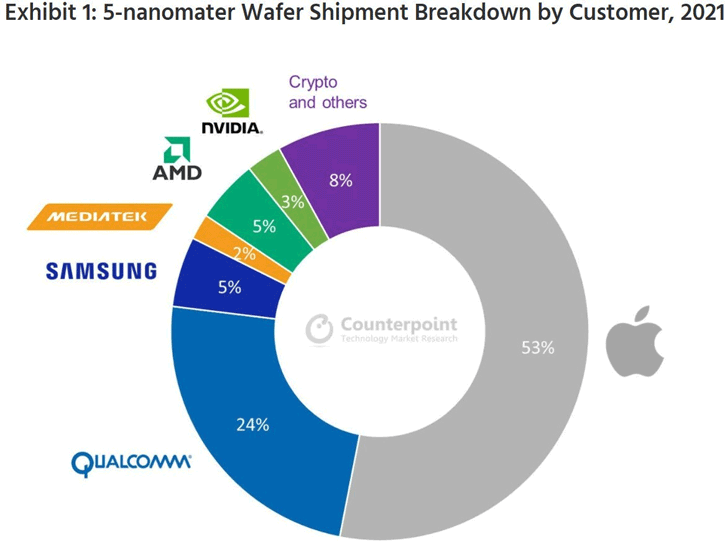Correct, CPUs need to be reimagined...Current, foundary issues aside, which have even crippled the automakers manufacturing capacity. Who would have thought years ago that assembly lines in automobile industry would have to slash production because there were some issues with semiconductor industry? These both industries were more or less independent.
I would even go to the extent to say that the whole concept of computing is going to witness some major changes in the upcoming years....On the hardware front, Moore's law is slowing. However, it's expected to continue for the next couple of years...ARM architecture has entered the high performance territory, conventionally reserved for x86 architecture. Even supercomputers like the current fastest, Fugaku, are using ARM. Nvidia's acquisition and the resulting foray into CPU and the questions arising over ARM's neutrality are something to watch for. Apple has been spearheading the transition of Personal Computing to ARM, bolstering the credentials of RISC, with Microsoft still stuck at having a smooth transition to ARM with regards to the near ubiquitous Windows OS.
On the software front, OSs and softwares are now increasingly moving from 'as a product' to 'services'. Thanks to/blame Microsoft, Adobe etc.. Mobile OS and cloud computing are generating more and more revenue than ever...Then the concept of getting every app/device connected online ie., IoT. Role of regulators and the legislations in protecting consumer interests, ensuring level playing field for firms...etc..



